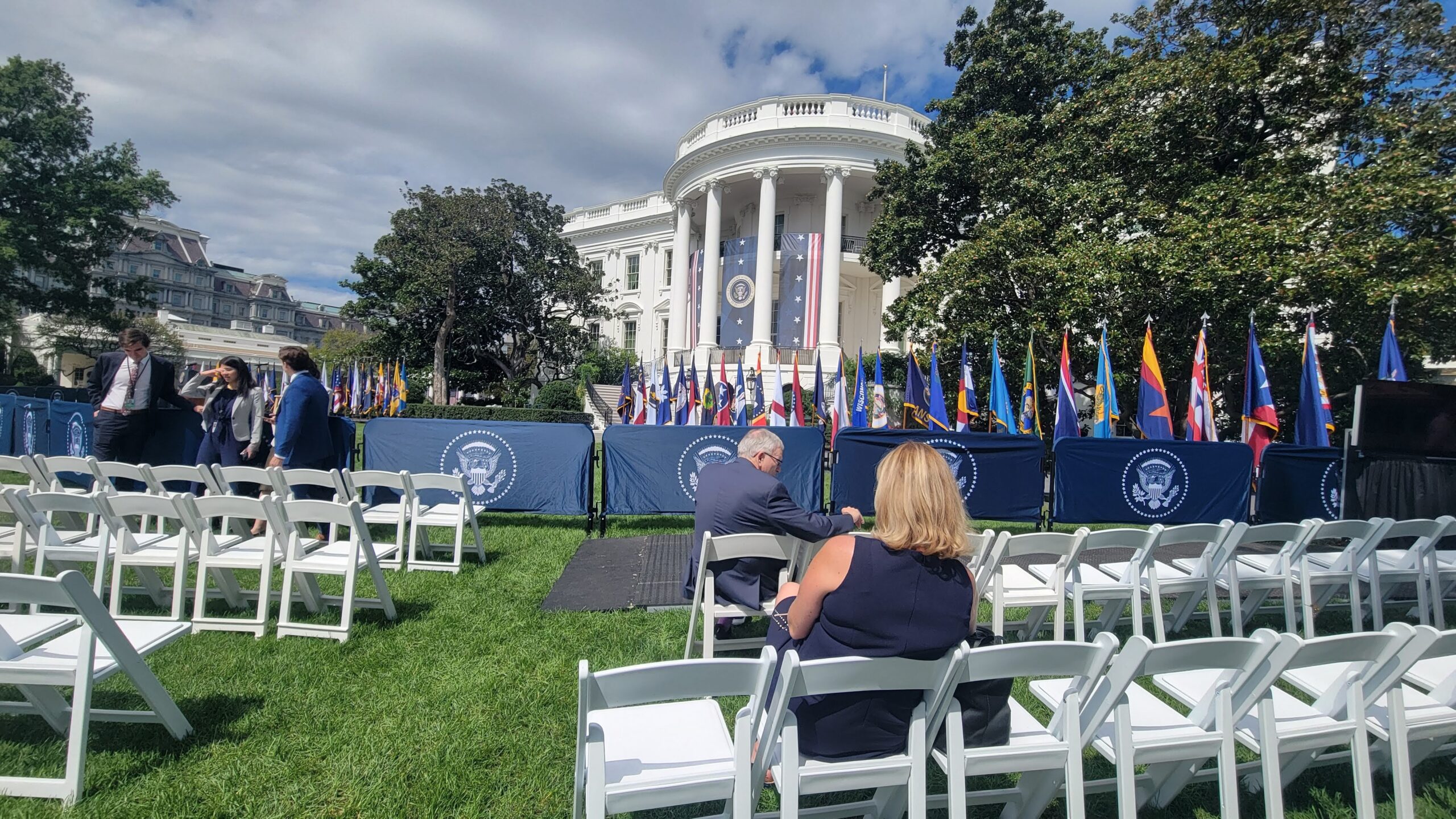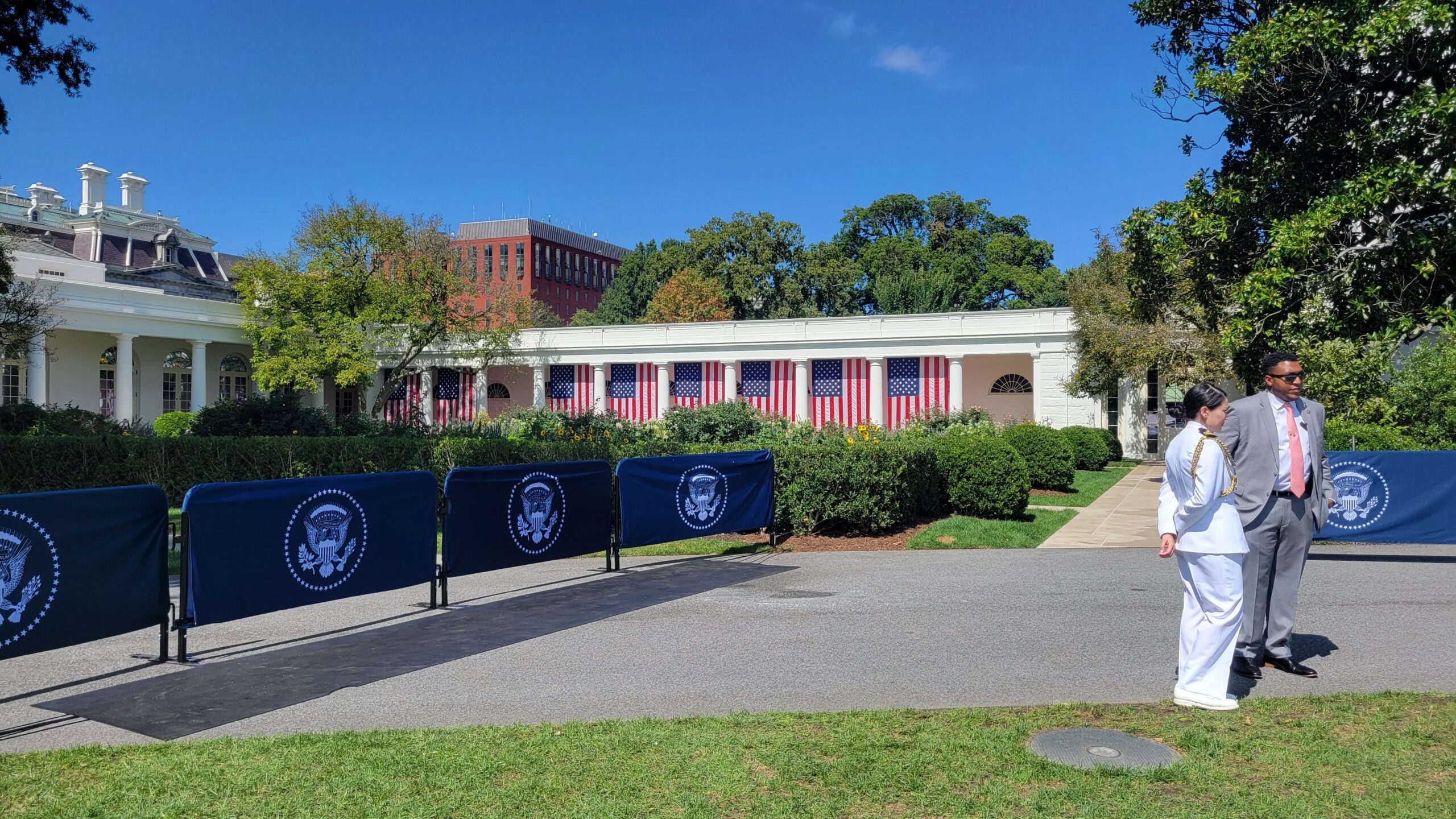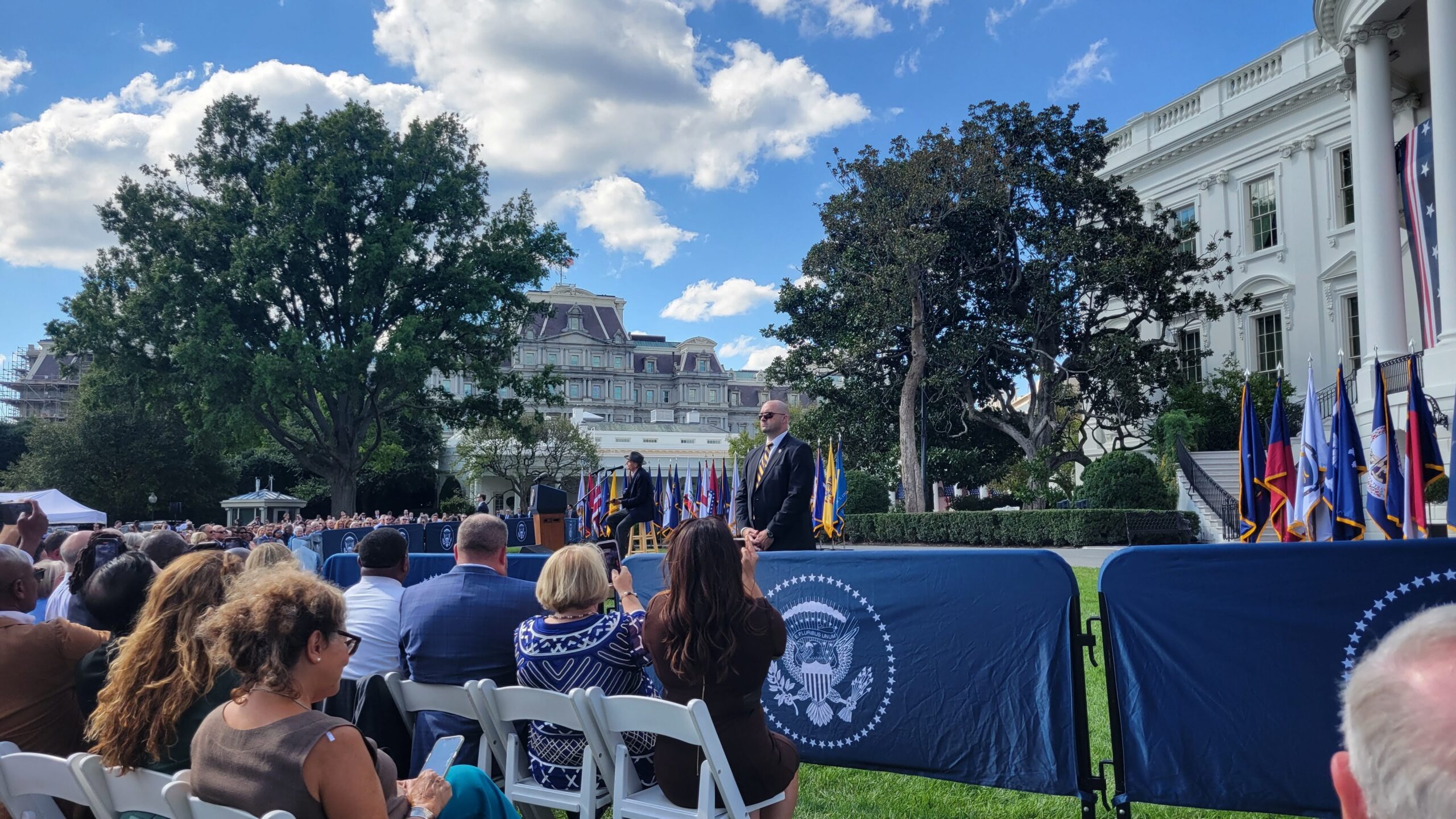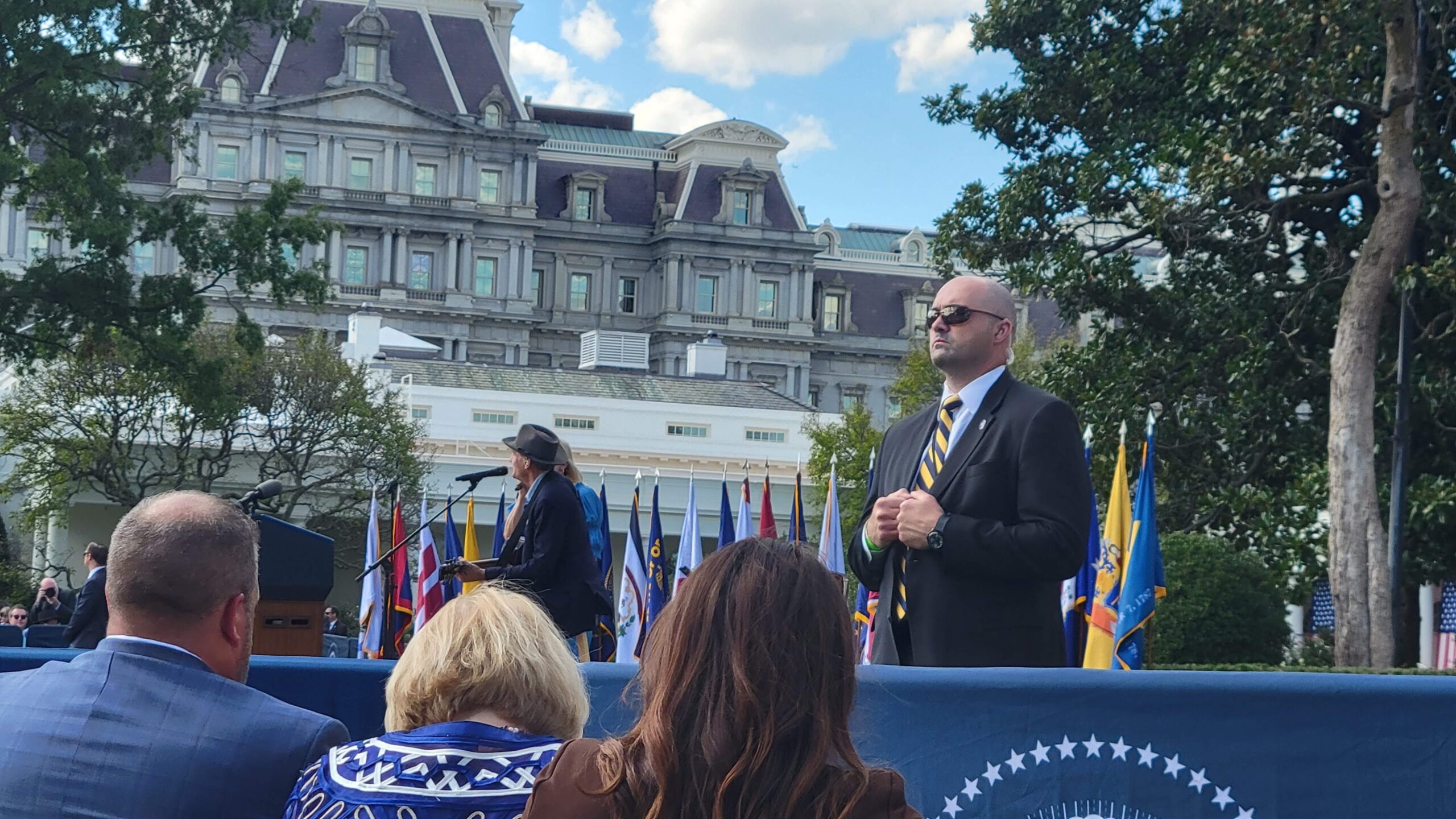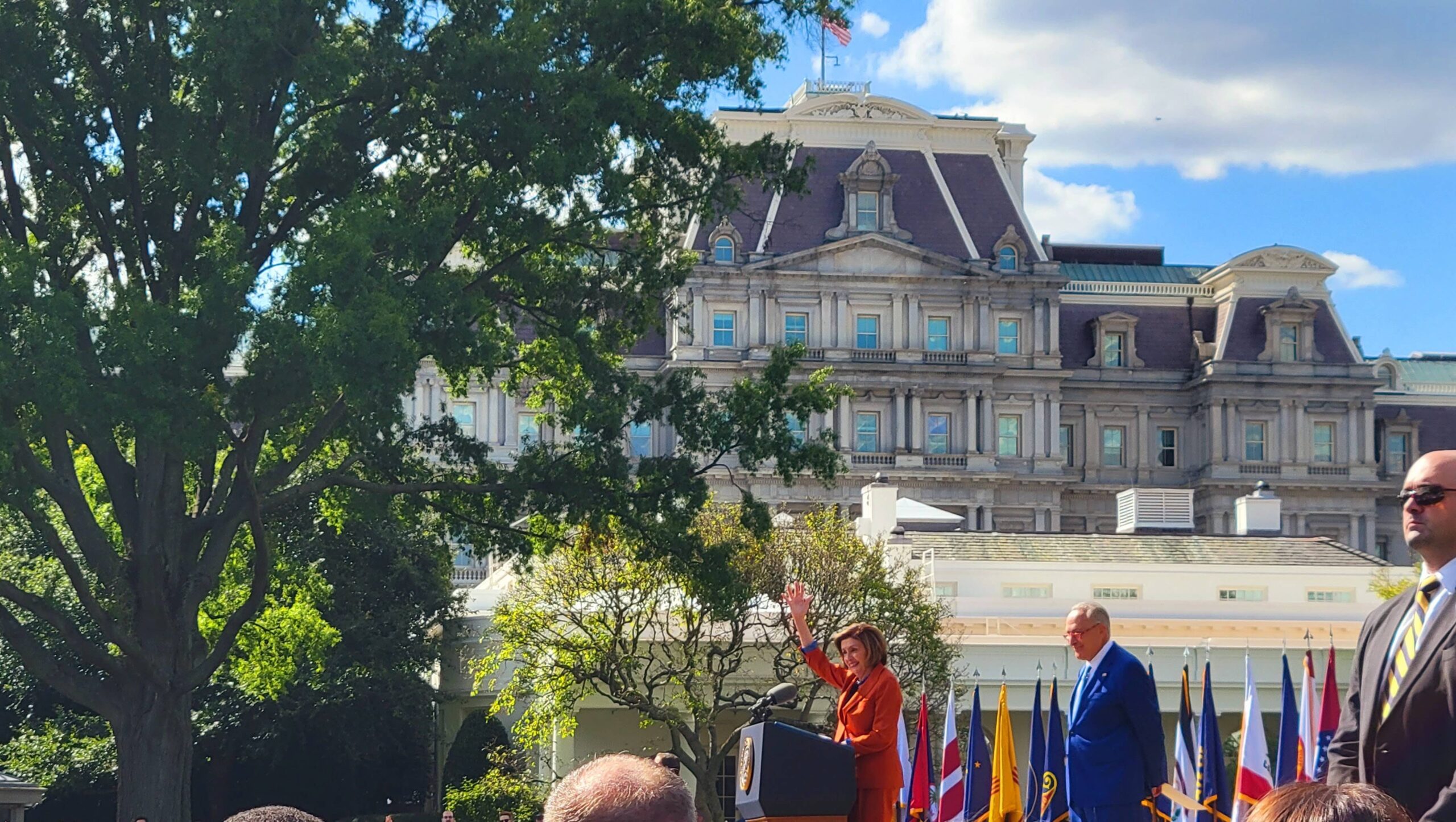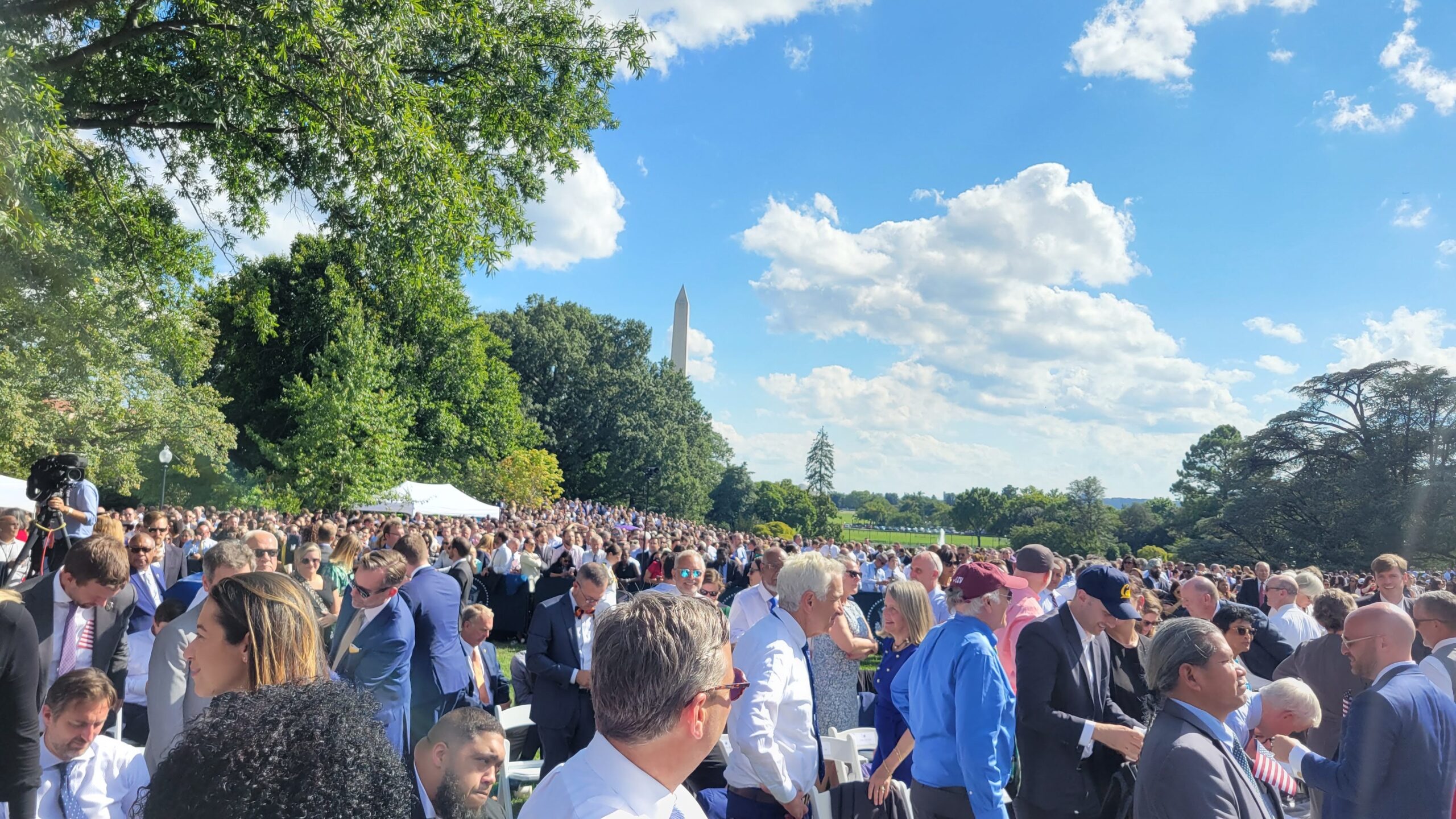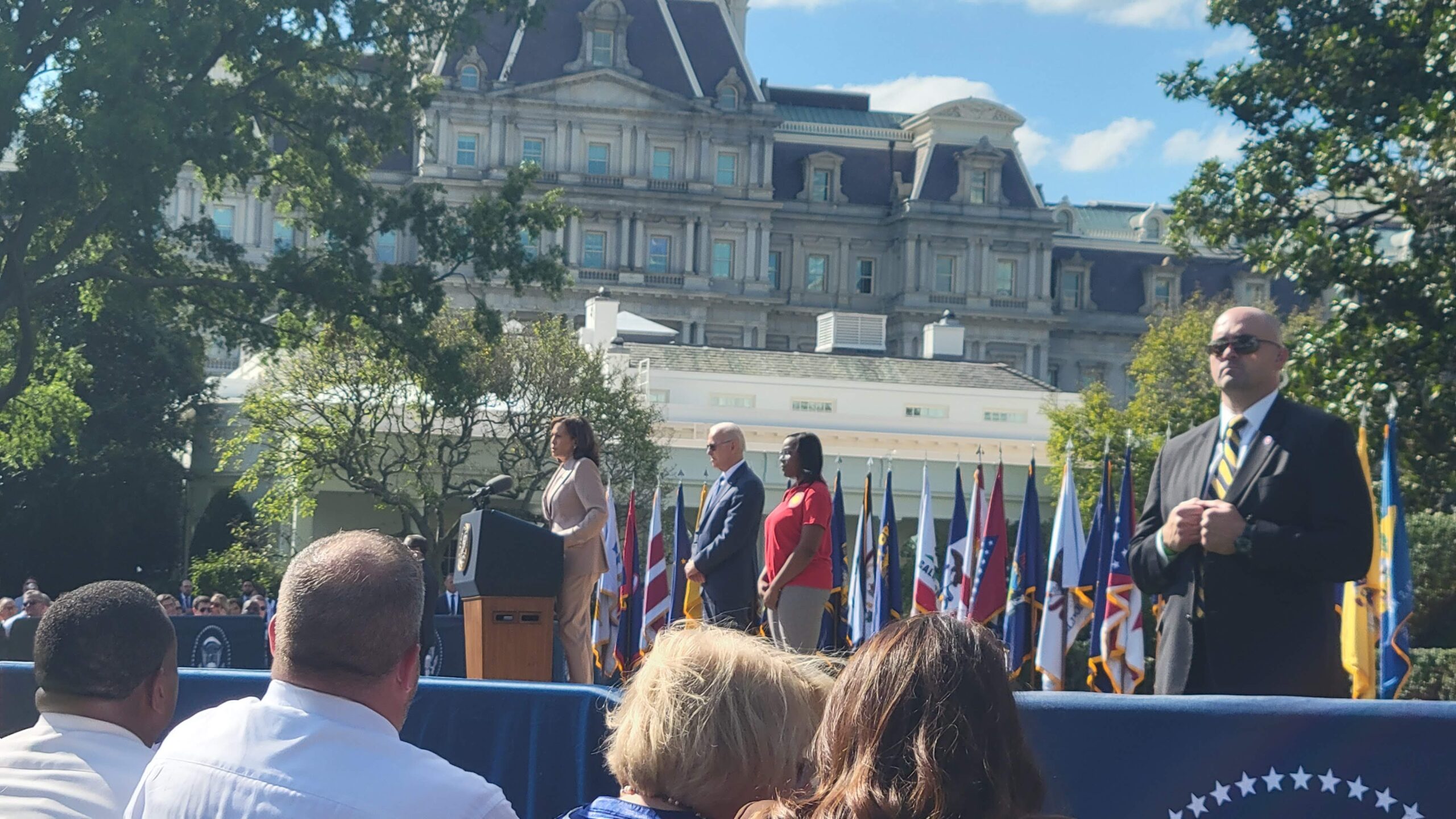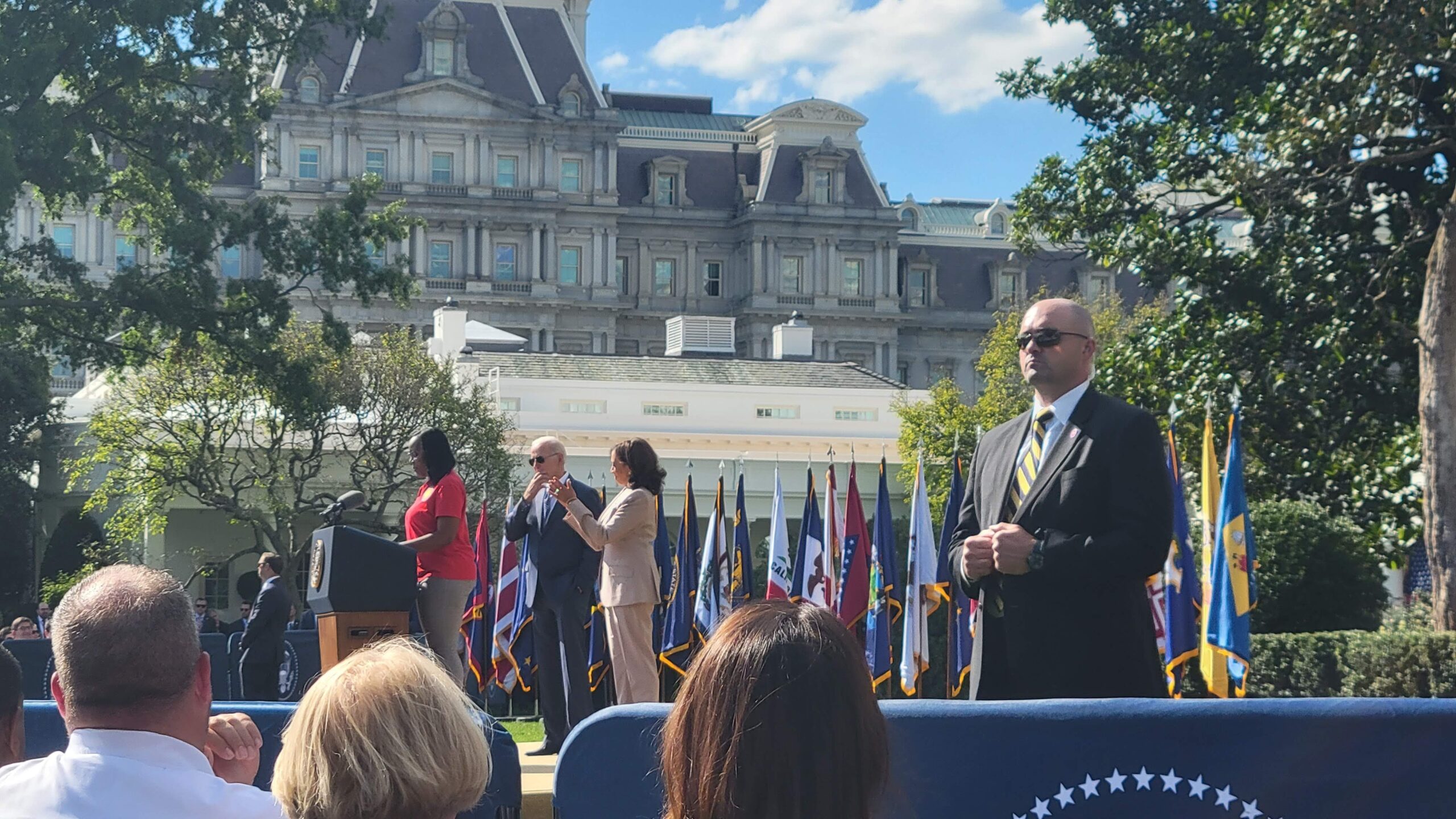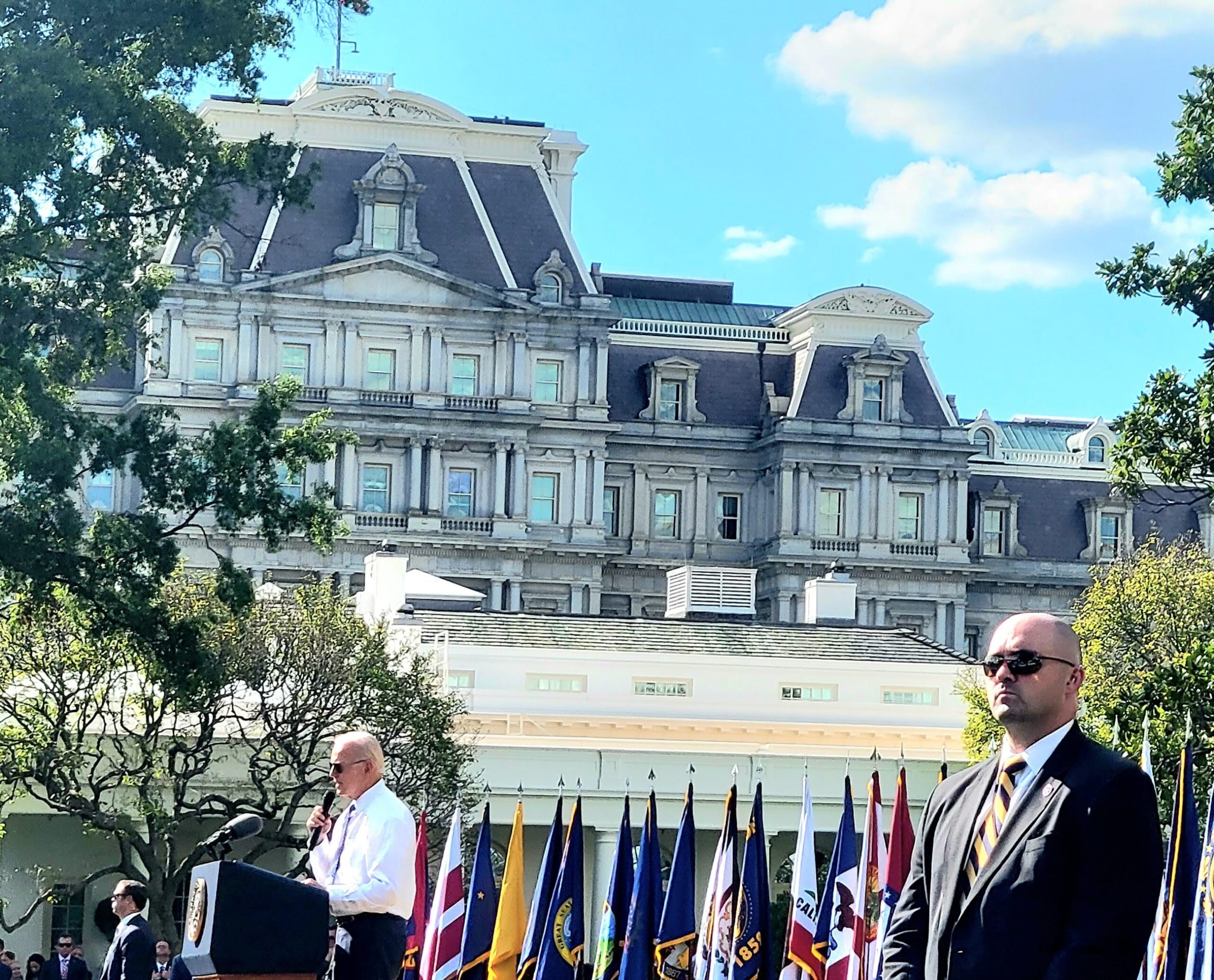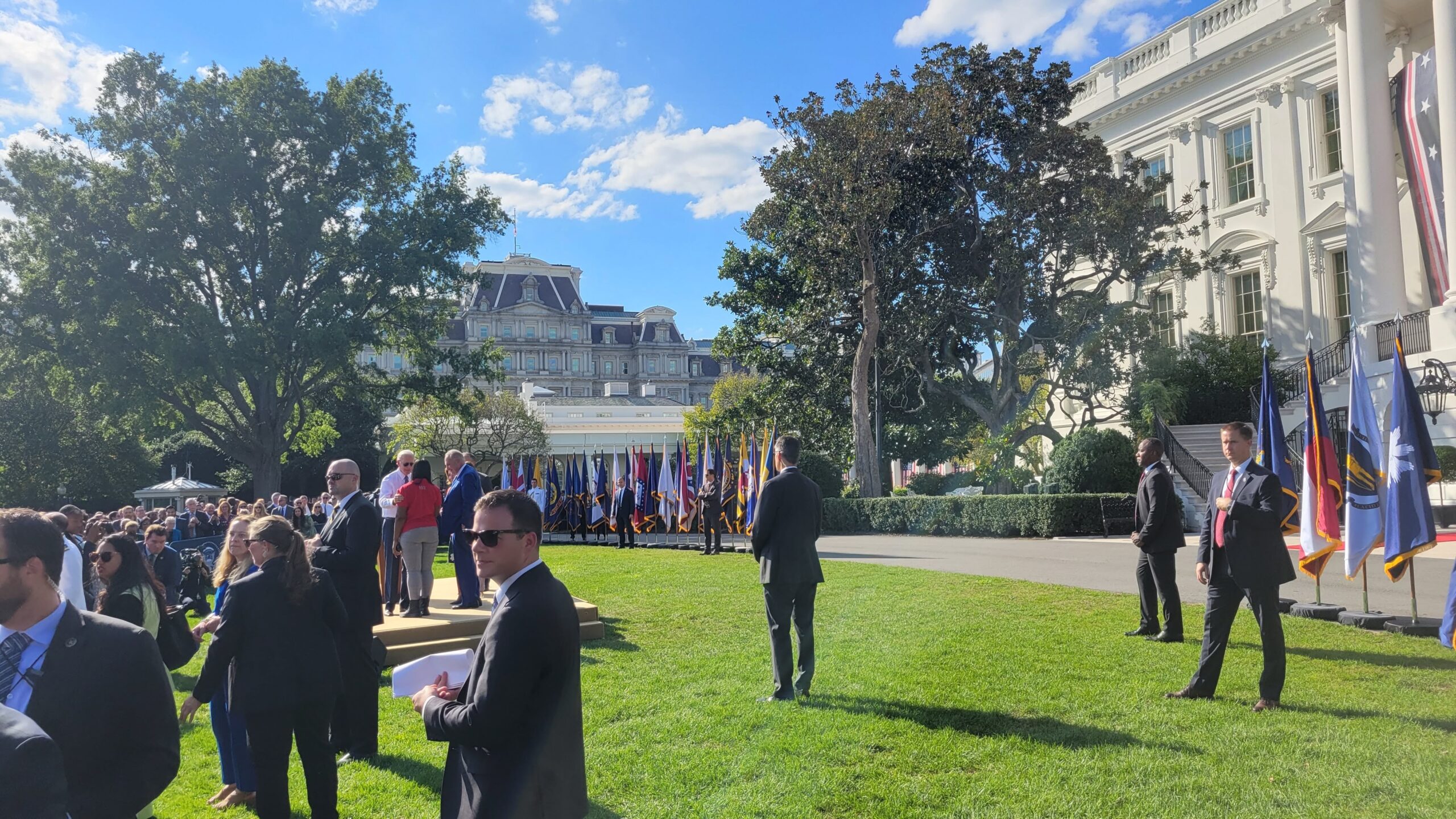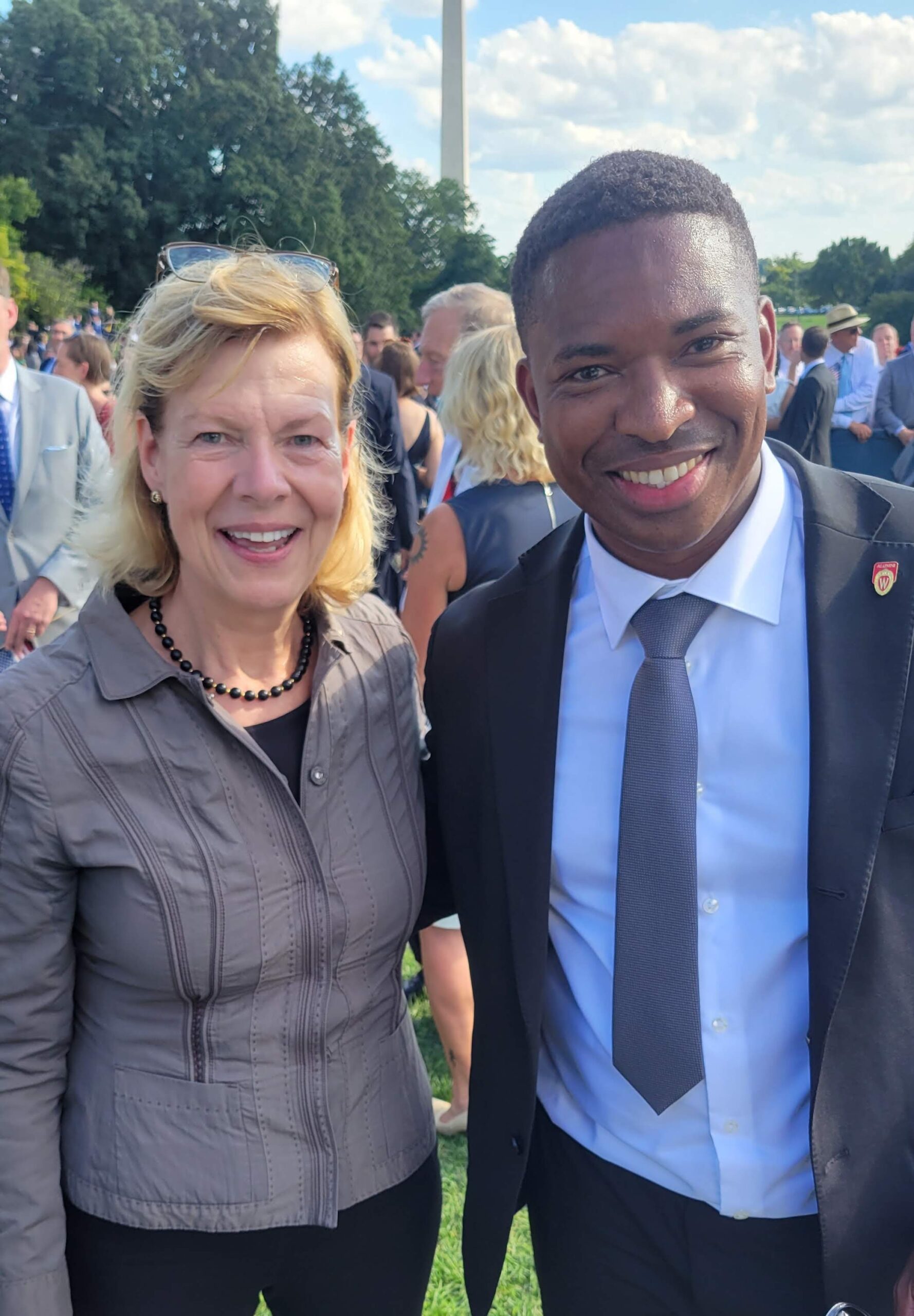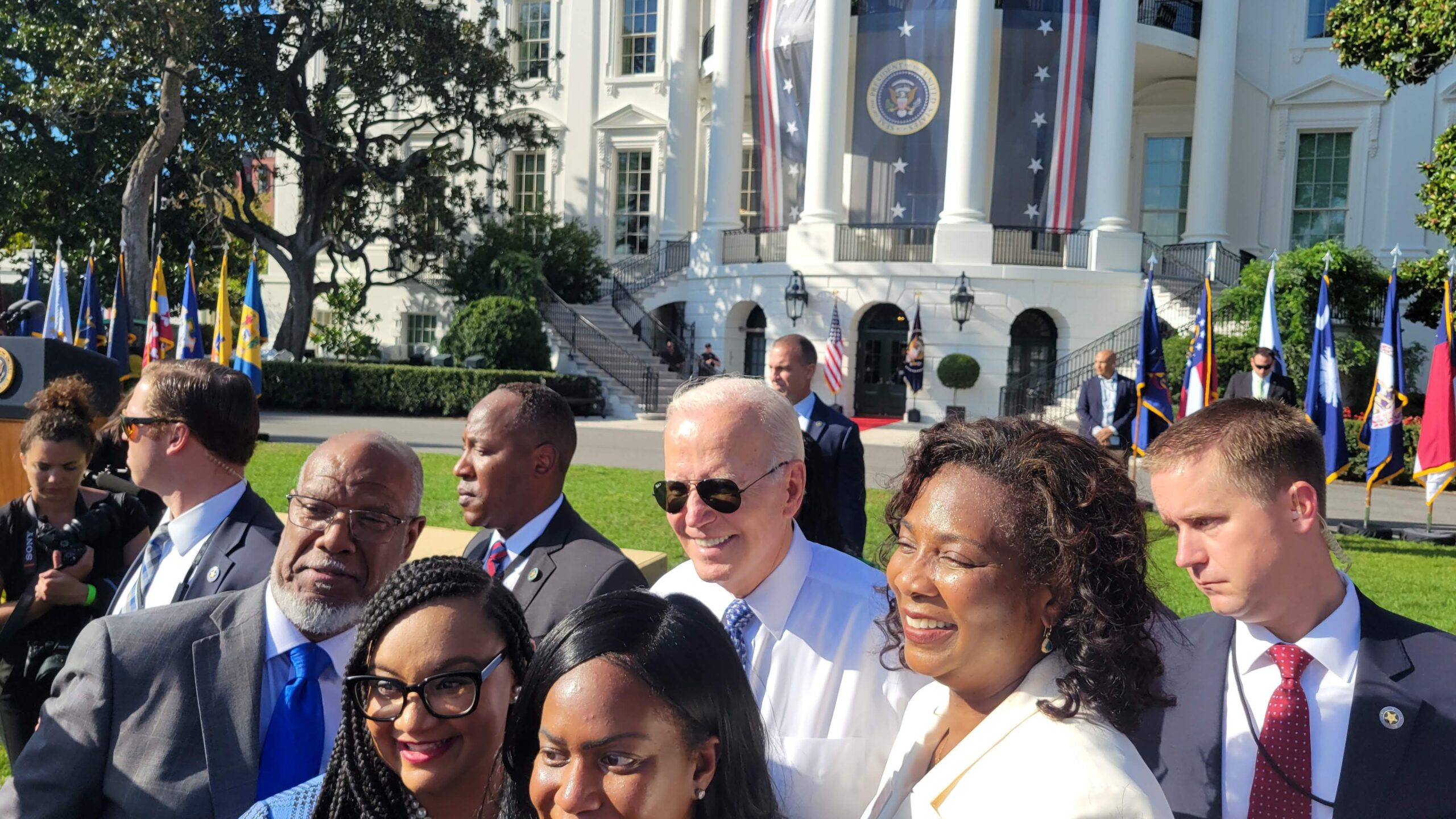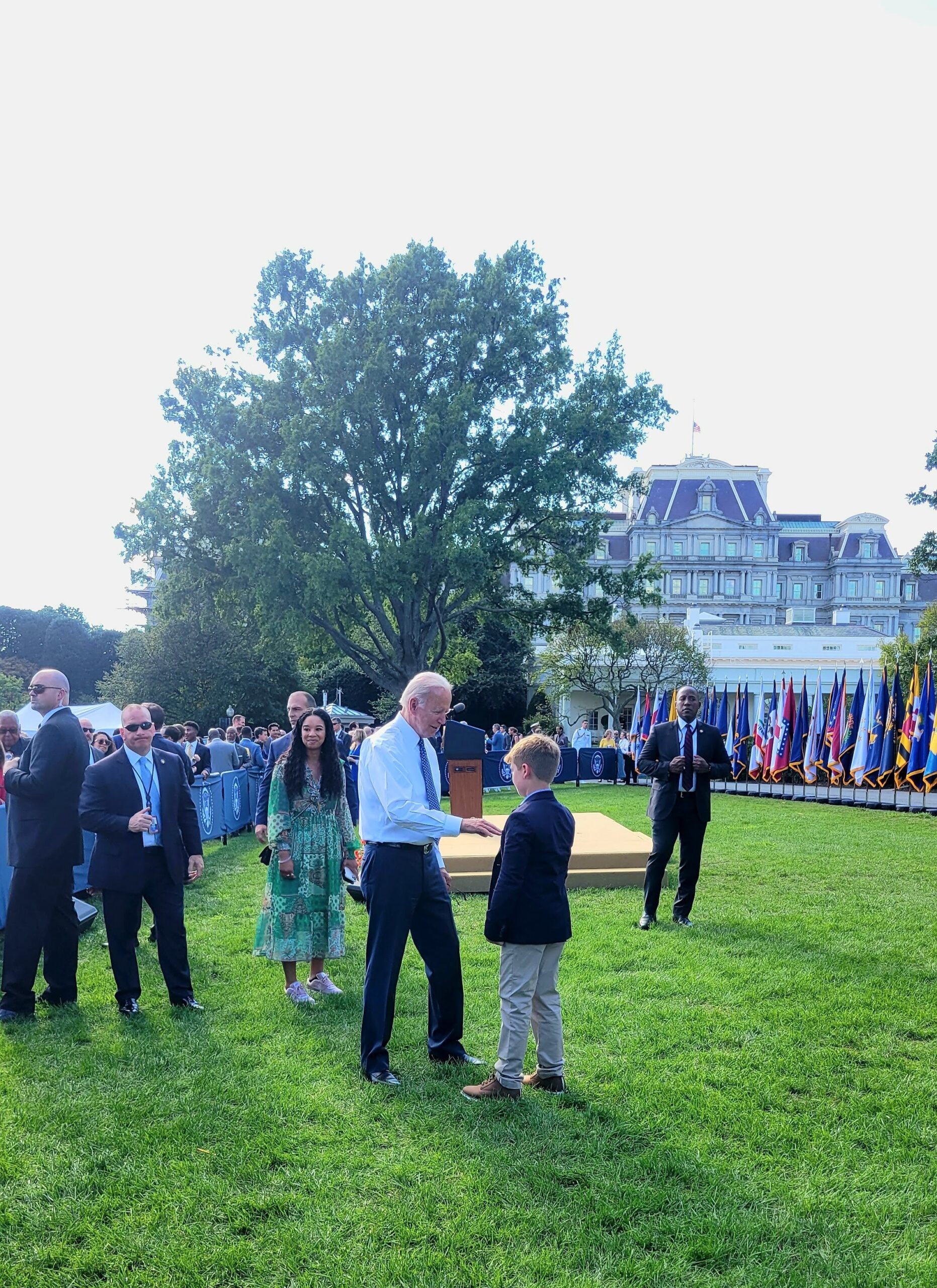
by Jodi Jean Amble | Dec 14, 2022 | Community, Press Release, Solar
December 14, 2022 – SUN PRAIRIE, WI, has been selected by the National Renewable Energy Laboratory (NREL) as one of 12 communities nationwide to adopt the innovative solar permitting platform SolarAPP+. Through the program, Sun Prairie is eligible to receive $15,000 if SolarAPP+ is adopted successfully.
“We’re excited to see NREL’s announcement and the fact that residential solar is receiving its time in the spotlight in Sun Prairie,” said Sam Dunaiski, Executive Director of RENEW Wisconsin. “This platform will help Wisconsin households remove barriers to accessing solar energy.”
SolarAPP+ is an online platform that instantly issues permits for code-compliant residential rooftop photovoltaic (PV) and battery systems. As many consumers and local jurisdictions know, permitting can often slow the process for residential solar and battery installations. Current permitting delays are estimated to increase the cost of solar by $7,000 per project. With the convergence of increased consumer interest in solar installation and federal legislative momentum, clearing this potential bottleneck of long review timelines and complicated permitting applications is imperative. SolarAPP+ provides local governments, installers, and homeowners with a streamlined process to quickly achieve clean power generation from the sun.
Burke O’Neal, co-owner of Full Spectrum, a solar installer based in Madison, WI, is looking forward to Sun Prairie using the SolarApp+ platform to standardize the residential solar permitting process and make it more efficient cost-effective. “Widespread adoption of the program will reduce system costs and speed up installations,” he said. “This means more homeowners will be able to cut their energy bills with a photovoltaic system on their own roof.”
SolarAPP+ has approved more than 10,000 permits across jurisdictions, including successful programs in Arizona, California, Illinois, and Texas. Since SolarAPP+ provided an immediate permit for those communities vetted and determined to be eligible, projects have been installed about two weeks faster under the program.
“The City of Sun Prairie applied to participate in the SolarAPP+ competition to explore the tool and better understand how our permitting process could utilize support from NREL,” said Scott Semroc, Sustainability Coordinator for the City of Sun Prairie. “The city will learn more about the potential integration of the SolarAPP+ platform to augment our existing permitting process, potentially reducing permitting time, freeing up Building Maintenance staff capacity, and overall enabling community investment in renewable energy resources by lowering barriers and streamlining the Solar PV permit process for 1-2 family residences. We are excited to participate in this challenge with our peer communities and further explore this opportunity.”
To see the existing residential Solar PV permit application for the City of Sun Prairie, visit the City of Sun Prairie’s website.
In Sun Prairie and across Wisconsin, RENEW Wisconsin continues to work tirelessly to ensure programs like SolarAPP+ and others are helping both new and existing solar customers reap benefits from their rooftop PV systems. RENEW hopes this first step inspires more local governments to use this free platform to cut red tape and reduce costs for every taxpayer and government entity.
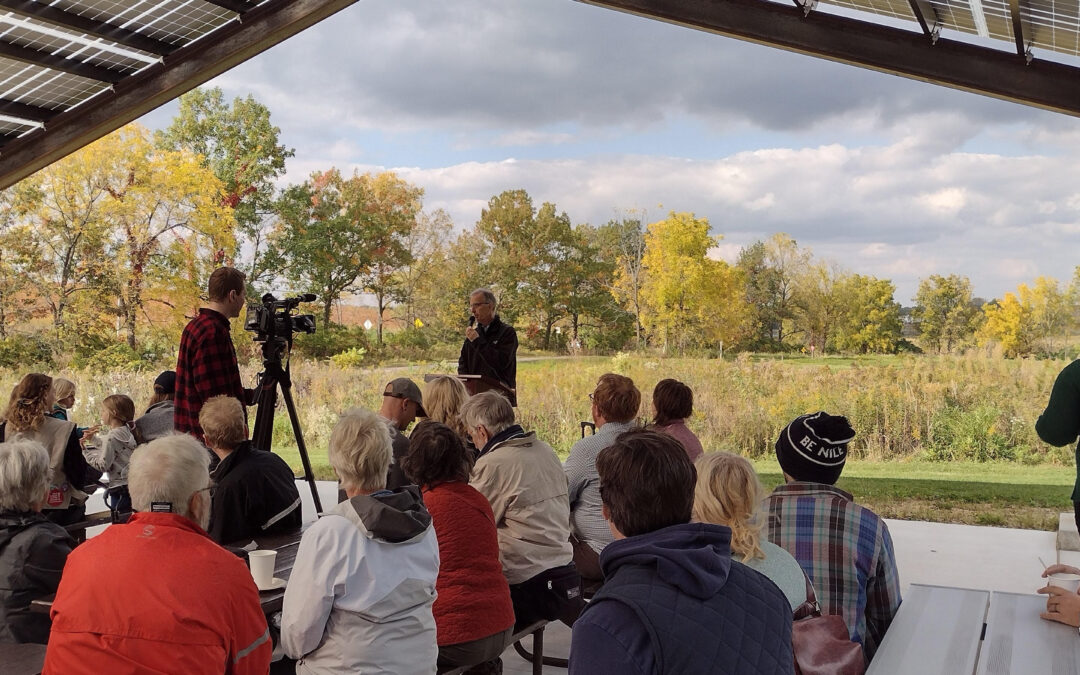
by RENEW Wisconsin | Oct 31, 2022 | Advocacy, Community, Local Government, Local Initiatives, Press Release, RENEW Wisconsin
On Thursday, October 6th, County Executive Joe Parisi joined the Office of Energy and Climate Change (OECC) to recognize local entities leading on climate action through Dane County’s Climate Champions program. The aim is to celebrate local leadership in fulfilling the goals outlined in Dane County’s Climate Action Plan, which commits Dane County to reduce greenhouse gas emissions 50% county-wide by 2030 and puts the county on a path to be carbon-neutral by 2050.
This year 87 Climate Champions are being awarded, representing 77 organizations. The Office of Energy & Climate Change recognizes achievements across ten categories, including:
- Building Energy Use -for entities with very energy-efficient buildings.
- Building Design -for still-under-construction facilities projected to be very energy efficient.
- Fleet Operations -for entities with a fleet powered by clean fuels.
- Employee Commuting -for entities where the workforce commutes via bike, walking, transit, or telecommuting.
- Water Saving Practices -for entities that have implemented practices to reduce water usage.
- Waste Diversion Practices -for entities that have strong waste diversion practices.
- Sustainable Land Use Practices -for farms and land with strong sustainability practices.
- Catalysts -entities that help others take climate actions.
- GHG Emissions -for entities that have reduced their carbon footprint.
- Other -for entities that have taken actions that don’t fit into other categories.
Entities that achieve Climate Champion status receive signage and recognition on the OECC website.
“We are excited to celebrate another cohort of Climate Champions,” said Dane County Executive Joe Parisi. “The leadership these organizations are taking to enhance their sustainability and meet our climate goals is admirable and inspiring to others.”
Each Climate Champion category has four levels of distinction, with four stars indicating the highest level of achievement in that category. In 2022, six entities representing three projects are receiving four stars. These entities include design craft Advertising, Greater Madison MPO, Madison Friends Meeting (Religious Society of Friends), and its building team: Ferch Architecture, Ideal Builders, and Full Spectrum Solar.
Additionally, nine local entities are earning awards in two or more categories, including design craft Advertising; Mad Local Food Group LLC, dba “Pasture and Plenty”; Madison Christian Community; Middleton Community Church, UCC; Monona Grove School District; Summit Credit Union; Sun Prairie Area School District; UW-Madison; and Willy Street Grocery Cooperative.
“The Climate Champions program is an important way for us to recognize how organizations across the county are helping to accelerate climate action. We are energized by how much this program has grown since its inception and are hopeful the actions these organizations are taking can spur additional action across Dane County,” Parisi added.
The full list of 2022 Dane County Climate Champions:
- AprilAire – AprilAire achieved 2022 Climate Champion (Catalyst) status for developing ENERGY STAR-certified dehumidifiers and fresh air ventilators that help customers make their homes more energy efficient.
- Arch Solar – Arch Solar achieved 2022 Climate Champion (Catalyst) status for helping over 100 homeowners install nearly 1 MW of solar in Dane County over the past two years. In addition, Arch Solar volunteers with renewable energy nonprofits to educate the community about solar and related technologies and has received grants to grow the solar workforce in underserved areas.
- Bayview Foundation and its construction partners Horizon Development Group, Kubala Washatko Architects, SmithGroup, Spire, and Design Engineers – Bayview Foundation and partners achieved 2022 Climate Champion (3 Star/Building Design) status for their redevelopment of the Bayview affordable housing units and community center. These apartment buildings and community centers incorporate high energy efficiency features, including Passive House for the Community Center and ENERGY STAR for the townhomes. The facility is projected to use just a quarter of the energy used by comparable facilities.
- Belle Farm – Belle Farm achieved 2022 Climate Champion (3 Star/Other) status for the Belle Farm development. The 44-acre eco/agri/wellness neighborhood in Middleton is planned to create a sustainable, walkable community of 880 dwelling units. To achieve near-net zero, all facilities will use geothermal heating and cooling, rooftop solar, passive design measures, and robust EV capabilities.
- Biological Farming Friends – The Biological Farming Friends achieved 2022 Climate Champion (3 Star/Sustainable Land Use) status for sustainable land practices, including using cover crops, reducing fertilizer and chemical inputs, and increasing the use of no-till agriculture on over 10,000 acres since 2018, as well as adopting rotational grazing on over 500 acres. Creating resilient farming systems has reduced carbon emissions and sequestered carbon on marginal cropland through perennial covers.
- Boys & Girls Clubs of Dane County and its construction partners OPN Architects, JSD, Hooper, Staff Electric, and Dave Jones Plumbing – Boys & Girls Clubs of Dane County and partners achieved 2022 Climate Champion (1 Star/Building Design) status for their new Workforce Training Center. The center will use approximately 25% less energy than a comparable facility and include geothermal heating and solar panels to support student learning about sustainable construction.
- Capital Area Regional Planning Commission – The Capital Area Regional Planning Commission achieved 2022 Climate Champion (3 stars/Employee Commuting) status for 90% of employees regularly telecommute, bike to work, or take mass transit to work than driving alone.
- City of Madison
- The City of Madison achieved 2022 Climate Champion (3 Star/Building Energy Use) status for Fire Station 13, which uses around 75% less energy than similar buildings through a combination of solar power, geothermal, and passive lighting systems that are efficient and cost-effective.
- The City of Madison achieved 2022 Climate Champion (2 Star/Building Energy Use) status for Pinney Library, which uses over 50% less energy than a comparable building. The LEED® Gold building has geothermal energy and LED lighting with daylight sensors.
- The City of Madison achieved 2022 Climate Champion (1 Star/Building Energy Use) status for the Police Training Center, which uses about 25% less energy than a comparable building.
- The City of Madison achieved 2022 Climate Champion (1 star/Building Energy Use) status for the Water Utility Building, which uses approximately 25% less energy than a comparable building.
- City of Sun Prairie – The City of Sun Prairie achieved 2022 Climate Champion (2 Star/Employee Commuting) status for creating policies such as telecommuting, carpool facilitation, and emergency rides that encouraged 45% of employees to choose not to drive alone to work.
- Cooper’s Tavern – The Cooper’s Tavern achieved 2022 Climate Champion (1 Star/Other) status for using local, organic, and sustainably sourced food to reduce emissions for transporting food; working to recycle fryer oil into biodiesel for farmyard vehicles; partnering with university students to turn food waste into compost, and using recycled materials in takeout packaging and other paper materials.
- Couillard Solar Foundation – Couillard Solar Foundation achieved 2022 Climate Champion (Catalyst) status for helping 41 sites in Dane County acquire a total of 2.58 MW of solar power via grants to nonprofits and schools.
- CUNA Mutual Group and its construction partners Eppstein Uhen Architects (EUA) and Affiliated Engineers (AEI) – CUNA Mutual Group and partners achieved 2022 Climate Champion (1 Star/Building Design) status for their rebuilding of the 5810 Mineral Point Road building. The energy-efficient building will use approximately 25% less energy than a comparable building. It will support employee well-being and offer outdoor spaces with native vegetation, while captured rainwater will be used for irrigation and building flush fixtures, saving 348,000 gallons of water a month.
- designCraft Advertising – DesignCraft Advertising achieved 2022 Climate Champion (4 Star/Employee Commuting) status for allowing all employees to telecommute rather than travel to the office in person. They also achieved 2022 Climate Champion (2 Star/Greenhouse Gas Emissions) status for having corporate emissions lower than 70% of their peer companies.
- Door Creek Orchard – Door Creek Orchard achieved 2022 Climate Champion (3 Star/Sustainable Land Use) status for sustainable land practices on the 80-acre property since 1984. These include reduced or no-till agriculture, continuous cover crops, increased nitrogen use efficiency, active tree maintenance, rotational grazing, controlled burns, and 16-plus acres of prairie/wetland restoration.
- Drews Solar LLC – Drews Solar achieved the 2022 Climate Champion (Catalyst) for installing rooftop solar arrays and electric car chargers to help families produce 90-110% of their annual electricity needs. The company is on track to install over 2,000 solar panels in 2022.
- Edgerton Hospital – Edgerton Hospital achieved 2022 Climate Champion (1 Star/Building Energy Use) status. The hospital, which features geothermal heating and cooling, uses about 25% less energy than a comparable hospital. Edgerton Hospital was the first hospital in Wisconsin to be built with geothermal heating and cooling.
- Filament Games – Filament Games achieved 2022 Climate Champion (3 Star/Employee Commuting) status for allowing all employees who would like to work from home to do so, resulting in less than 6% of employees regularly driving alone. This also allowed the office to downsize to less than a tenth of its previous square footage when the company’s employee count is the highest it’s ever been.
- First Unitarian Society of Madison – First Unitarian Society of Madison achieved 2022 Climate Champion (1 Star/Building Energy Use) status. Solar power and energy-efficient features enable this campus to use about 25% less energy than comparable facilities. FUS Madison achieved LEED® Gold status in 2009 with a modern addition that featured ground source heat pumps. After the addition, the FUS green team continued to pursue energy savings with a large solar array and smart HVAC management.
- Girl Scout Troops #1477 & #1952 – Girl Scouts of Wisconsin Badgerland Council – Girl Scout Troops #1477 and #1952 achieved 2022 Climate Champion (Catalyst) status for their advocacy to reduce the embodied carbon of building materials, including concrete. Through two videos and various in-person and virtual presentations, the Girl Scouts reached thousands of building professionals worldwide. Locally they inspired the City of Madison Engineering Department to explore low-carbon concrete options and hosted a virtual roundtable to facilitate dialogue between local building industry groups.
- Glass Nickel Pizza Co, West – Glass Nickel Pizza Co, West achieved 2022 Climate Champion (1 Star/Other) status for taking sustainable actions every day, including shopping locally, using recycled materials, reducing single-use plastics, composting, and recycling fryer grease.
- Greater Madison MPO – Greater Madison MPO achieved 2022 Climate Champion (4 Star/Employee Commuting) for encouraging alternate transportation options so that no employees regularly commute to work by driving alone.
- Green Box, LLC – Green Box achieved 2022 Climate Champion (Catalyst) status for collecting and composting 26,000 pounds of food waste in seven months, preventing that waste from ending in a landfill, and producing methane.
- HGA – HGA achieved 2022 Climate Champion (Catalyst) status for working with clients to design energy-efficient new and retro-commissioned buildings with renewable energy and reduced embodied carbon. Recent HGA clients include SSM Health, Sun Prairie School District, Oregon School District, and Middleton Business Park.
- Holy Wisdom Monastery – Holy Wisdom Monastery achieved 2022 Climate Champion (3 Star/Sustainable Land Use) status for sustainable land practices, including 190 acres of continuous cover, 170 acres managed with controlled burns, 130 acres of native prairie restoration, and a restored lake.
- Legacy Solar Co-op – Legacy Solar Co-op achieved 2022 Climate Champion (Catalyst) status for increasing solar education and adoption of solar in Dane County. In 2020 and 2021, they educated hundreds of residents and supported 32 installations for 245 kW of solar. Legacy Solar Co-op (LSC) is a statewide member-owned cooperative that provides expert consulting and financing services to facilitate solar projects for communities and nonprofits in Wisconsin.
- Mad Local Food Group LLC, dba “Pasture and Plenty” – Pasture and Plenty achieved 2022 Climate Champion (3 Star/Waste Diversion Practices) status for diverting at least 60% of their waste from the landfill via minimizing packaging and other raw materials, incentivizing reuse, reducing contamination of the waste streams, recycling, and composting. Pasture and Plenty also achieved 2022 Climate Champion (2 Star/Greenhouse Gas Emissions) status for having fewer emissions than at least half of the comparable businesses. Pasture and Plenty achieved lower emissions via bike delivery of meal kits, buying local food, reducing energy usage in their building, and buying green power. Pasture and Plenty advocates for environmental equity through food access programs, community classes, and training.
- Madison Christian Community – Madison Christian Community achieved 2022 Climate Champion (3 Star/Sustainable Land Use) status for sustainable land practices on their 0.66-acre property, which they have been implementing since 1970. They have practiced reduced/no-till agriculture, controlled burns, and riparian/wetland restoration on their land. They also achieved 2022 Climate Champion (1 Star/Water Saving Practices) status for minimizing winter salt application, installing rain barrels and green infrastructure, and using native plants.
- Madison Friends Meeting (Religious Society of Friends) with its construction partners Ferch Architecture, Ideal Builders, and Full Spectrum Solar – Madison Friends Meeting (Religious Society of Friends) and its partners achieved 2022 Climate Champion (4 Star/Building Design) status for their renovation of Friends Meetinghouse. A geothermal heating and cooling system coupled with rooftop solar arrays make the facility nearly net-zero in energy consumption. In addition to using less than 20% of the energy of comparable facilities, the Meetinghouse is now all electric. Project partners include Friends Meeting renovation managers Susan Kummer and Richard Pifer; David Ferch, architect; Hein Engineering Group; Ideal Builders; Full Spectrum Solar; Legacy Solar Co-op; Johnson Bank; and Quaker Power and Light.
- Metcalfe’s Markets – Metcalfe’s Markets achieved 2022 Climate Champion (Catalyst) for their commitment to local producers and using food miles signs to help shoppers make sustainable choices by understanding where their food comes from and their carbon footprint. The stores also have a strong tradition of sustainable practices, including reducing single-use plastics, using renewable electricity, and working to minimize food excess.
- Middleton Community Church, UCC – Middleton Community Church UCC achieved 2022 Climate Champion (Catalyst) status for their Earth Day Every Day: EV Car & Sustainability Show. Over 150 people visited the event, with 25 electric cars on display, e-bikes for test-driving exhibits from numerous local solar and environmental organizations, electric lawn equipment, and more. They also achieved 2022 Climate Champion (1 Star/Greenhouse Gas Emissions) status for having 45% fewer carbon emissions than a similar church.
- Midwest Solar Power – Midwest Solar Power achieved 2022 Climate Champion (Catalyst) status for installing over 650 kW of residential and small commercial solar in 2021 and providing education about solar.
- Monona Grove School District
- Monona Grove School District achieved 2022 Climate Champion (2 Star/Building Energy Use) status for Granite Ridge, a new elementary school in Cottage Grove that uses about half the energy of a comparable school.
- Monona Grove School District and its construction partner McKinstry Inc. LLC achieved 2022 Climate Champion (1 Star/Building Design) status for the energy efficiency upgrades and addition of solar panels on the roof of Monona Grove High School. The solar array is the largest in a K-12 school in Wisconsin and should provide about half of the school’s electric usage.
- Odyssey Farm – Odyssey Farm achieved 2022 Climate Champion (3 Star/Sustainable Land Use) status on 14 acres, focusing on regenerative agricultural practices such as continuous cover, rotational grazing, increased nitrogen efficiency, and tree maintenance.
- Promega – Promega achieved 2022 Climate Champion (2 Star/Building Energy Use) status for the Kornberg Center. A 250 kW solar array and ground source heat pumps reduce the building’s energy needs, while a 50,000-gallon rainwater collection system and green roof reduce stormwater run-off. The center uses less than half as much energy as comparable facilities.
- Purple Cow Organics – Purple Cow Organics achieved 2022 Climate Champion (1 Star/Other) status for manufacturing compost that will increase the organic matter in soil and improve the soil’s ability to sequester carbon. Purple Cow processes an average of 18 million pounds of green material annually, resulting in over 4,000 additional tons of carbon sequestered this year.
- RENEW Wisconsin – RENEW Wisconsin achieved 2022 Climate Champion (Catalyst) status for leading the MadiSUN program, which makes it easier for households across Dane County to access solar power. As part of MadiSUN, RENEW is also developing a workforce development plan to increase the solar labor force in Dane County by recruiting candidates from historically underserved populations, providing training, and connecting them with potential employers.
- RenewAire – RenewAire achieved 2022 Climate Champion (2 Star/Building Energy Use) status. Leveraging natural daylighting and LED lighting, the LEED® gold-certified building uses only half as much energy as comparable facilities.
- Short Stack Eatery – Short Stack Eatery achieved 2022 Climate Champion (2 Star/Waste Diversion Practices) status for its efforts to minimize waste, incentivize reuse, reduce packaging, and minimize contamination. This has resulted in diverting over 50% of their waste from landfill.
- Slipstream – Slipstream achieved 2022 Climate Champion (Catalyst) status for helping to develop energy-efficient affordable housing via the Bayview project, hosting webinars and classroom events to educate building professionals, and managing the Commercial Property Assessed Clean Energy (C-PACE) program to help property owners obtain low-cost loans for energy efficiency, renewable energy, and water conservation.
- Standard Imaging, Inc. – Standard Imaging achieved 2022 Climate Champion (3 Star/Building Energy Use) status. With solar panels and geothermal heating and cooling, the building is fully electric and uses just a quarter of the energy of a comparable facility.
- Summit Credit Union
- Summit Credit Union achieved 2022 Climate Champion (1 Star/Building Energy Use) status for their Headquarters building, which has solar panels, a rainwater cistern for irrigation, a white roof, electric car charging, and prairie landscaping, resulting in over 25% less energy usage than a similar building.
- Summit Credit Union achieved 2022 Climate Champion (1 Star/Other) status for supporting employees and members in sustainability efforts through a Summit Sustainability Champions group, offering energy efficient and solar loans, reducing waste, and participating in environmental events.
- Sun Badger Solar – Sun Badger Solar achieved 2022 Climate Champion (Catalyst) status for installing over 60 residential solar arrays in Dane County in 2022 with a combined capacity of 555 kW and an annual output of almost 750,000 kWh of electricity.
- Sun Prairie Area School District
- Sun Prairie Area School District and its construction partners Bray Architects, Fredericksen Engineering, Muermann Engineering, and HGA – Sun Prairie Area School District and its partners achieved 2022 Climate Champion (2 Star/Building Design) status for West High School. A solar array will provide 10% of the building’s energy, while geothermal heat pumps and LED lighting will reduce the school’s energy consumption. The school is expected to use about half as much energy as a comparable school.
- Sun Prairie’s Patrick Marsh Middle School achieved 2022 Climate Champion (2 Star/Other) status for a student project to reduce food waste at the school. Students developed initiatives to reduce up to 60% of wasted food heading to the landfill and partnered with the City of Sun Prairie to lead composting classes.
- SunVest Solar LLC – SunVest Solar achieved 2022 Climate Champion (Catalyst) status for developing and installing commercial and distribution-level utility solar projects. Past projects include the 1.85 MW array at Madison College. SunVest is working with Dane County and Alliant Energy to complete the 17 MW Yahara Solar Project to provide renewable energy to Dane County facilities. In addition, SunVest works to educate students and other community members on the benefits of solar.
- Sustain Dane – Sustain Dane achieved 2022 Climate Champion (Catalyst) status for their Climate Action Program, which resulted in 143 climate action commitments and another educational program to inspire climate action across the county.
- The Neutral Project and its construction partners Michael Green Architecture, Equilibrium Engineers, ARUP, and RDH – The Neutral Project and partners achieved 2022 Climate Champion (3 Star/Building Design) status for Bakers Place, a new apartment building featuring mass timber construction, green roofs, a community garden, and electric car and bike sharing. The 15-story building was designed to reduce both operational and embodied carbon emissions. The building is projected to use just a quarter of the energy of comparable facilities.
- UW Health
- UW Health achieved 2022 Climate Champion (3 Star/Building Energy Use) status for the UW Health Union Corners Clinic at 2402 Winnebago St., which uses about a quarter of the energy of similar clinics. The LEED® Silver clinic was a 2 Star Climate Champion in 2020 and has continued to improve, earning it 3 Stars and an ENERGY STAR Rating of 98.
- UW Health achieved 2022 Climate Champion (1 Star/Building Energy Use) status for the UW Health hospital at 4602 Eastpark Blvd, which is 20% more energy efficient than average hospitals. This building was recognized as an “Emerging” Champion in 2020 but has continued to improve, earning an ENERGY STAR score of 81.
- UW Madison
- UW Madison achieved 2022 Climate Champion (1 Star/Building Energy Use) status for Cooper Hall, which is approximately 25% more energy efficient than similar buildings. The building uses centrally supplied steam and chilled water to heat and cool the building.
- UW Madison achieved 2022 Climate Champion (2 Star/Employee Commuting) status for having 40% of UW Madison employees commute to work by bike, bus, carpool, or on foot most of the time, with additional employees able to telecommute. Programs such as discounted employee bus pass, campus bus service, covered bike storage, carpool programs, custom route planning assistance, and the emergency ride home program reduce single-passenger driving.
- Village of McFarland Police Department – The village of McFarland Police Department is recognized as an Emerging 2022 Champion (Fleet Operations) for purchasing its first battery electric police vehicle for its fleet.
- Willy Street Grocery Cooperative – Willy Street Grocery Cooperative achieved 2022 Climate Champion (3 Star/Waste Diversion Practices) status for its efforts to minimize waste and increase recycling and composting, resulting in over 60% of waste being diverted from landfill. They also achieved 2022 Climate Champion (2 Star/Water Saving Practices) status for their food waste reduction measures, efforts to educate customers about water-saving practices, and installation of green infrastructure for gardening and run-off reduction.
- Wisconsin Creation Care Ambassadors – Wisconsin Creation Care Ambassadors achieved 2022 Climate Champion (Catalyst) status for supporting faith communities interested in reducing their energy use or “greening” their building by adding solar panels, etc. They act as ambassadors for climate action by reaching out to congregations and providing speakers. In addition, they created a green team network to offer opportunities to environmentally-minded members of Dane County faith communities to network, collaborate, and inspire each other.
To learn more about the 2022 Climate Champions, visit the Dane County of Energy and Climate Change website and the related Climate Champions map.

by Francisco Sayu | Oct 28, 2022 | Community, Electric Vehicles, Electrification
The new fleet will ensure cleaner air and protect children’s health.
This month, the Biden-Harris Administration announced nearly $1 billion in Clean School Bus Rebate Awards for 389 school districts in the country. Wisconsin School districts will receive $25.6 million to replace 65 diesel school buses with new electric school buses. Electric buses can run on renewable energy from solar and wind farms – instead of imported diesel fuel – resulting in zero emissions and lower energy costs. The $25.6 million award represents a significant milestone for Wisconsin and puts the state on a path to cleaner, healthier, and more affordable transportation.
The new zero-emission school buses must be in service by October 2024 and will save Wisconsin School Districts more than $11 million in fuel and maintenance costs over the life of the buses. In addition to the cost savings, zero-emission buses provide the following benefits:
- Cleaner air by eliminating school bus exhaust, which is linked to asthma.
- Reduced health risks, especially for children whose lungs are still developing.
- Reduced greenhouse gas emissions, which contribute to climate change.
- Grid resilience. Using bidirectional chargers, school buses can store energy for distribution to the grid when needed.
Zero-emission vehicles are a proven technology in the United States, where electric buses have been operating successfully in Michigan, Minnesota, and Alaska. Wisconsin’s first sixty-five electric school buses will serve fifteen rural school districts in Buffalo, Clark, Dodge, Eau Claire, Jackson, Jefferson, Marathon, Marinette, Oneida, Pepin, Sheboygan, Vilas, Waushara, and Winnebago counties. The Environmental Protection Agency (EPA) awarded funds through a lottery that prioritized applications from low-income, rural, tribal, and high-needs school districts. Nearly 200 Wisconsin school districts were on the priority list.
Here is the list of school districts that will receive new electric school buses:
| EPA 2022 Clean School Bus Rebates Awards for zero-emission buses – Wisconsin |
| School District Name |
Total Number of
Buses Requested |
Total Rebate
Amount Awarded |
| Augusta School District |
3 |
$1,185,000.00 |
| Coleman School District |
2 |
$790,000.00 |
| Edgar School District |
1 |
$395,000.00 |
| Granton Area School District |
5 |
$1,885,000.00 |
| Lac du Flambeau #1 School District |
10 |
$3,950,000.00 |
| Lakeland UHS School District |
10 |
$3,950,000.00 |
| Lomira School District |
4 |
$1,580,000.00 |
| Melrose-Mindoro School District |
1 |
$395,000.00 |
| Minocqua J1 School District |
12 |
$4,740,000.00 |
| Mondovi School District |
5 |
$1,975,000.00 |
| Palmyra-Eagle Area School District |
6 |
$2,370,000.00 |
| Pepin Area School District |
1 |
$395,000.00 |
| Random Lake School District |
1 |
$395,000.00 |
| Wild Rose School District |
2 |
$790,000.00 |
| Winter School District |
2 |
$790,000.00 |
The $1 billion School Bus Rebate Awards are the first round of funding from the $5 billion Clean School Bus Program of the Bipartisan Infrastructure Law (BIL) signed by President Biden last November. More funding opportunities for additional clean school buses will be announced in the future. Subscribe to RENEW’s Newsletter to stay updated on the Clean School Bus Program.
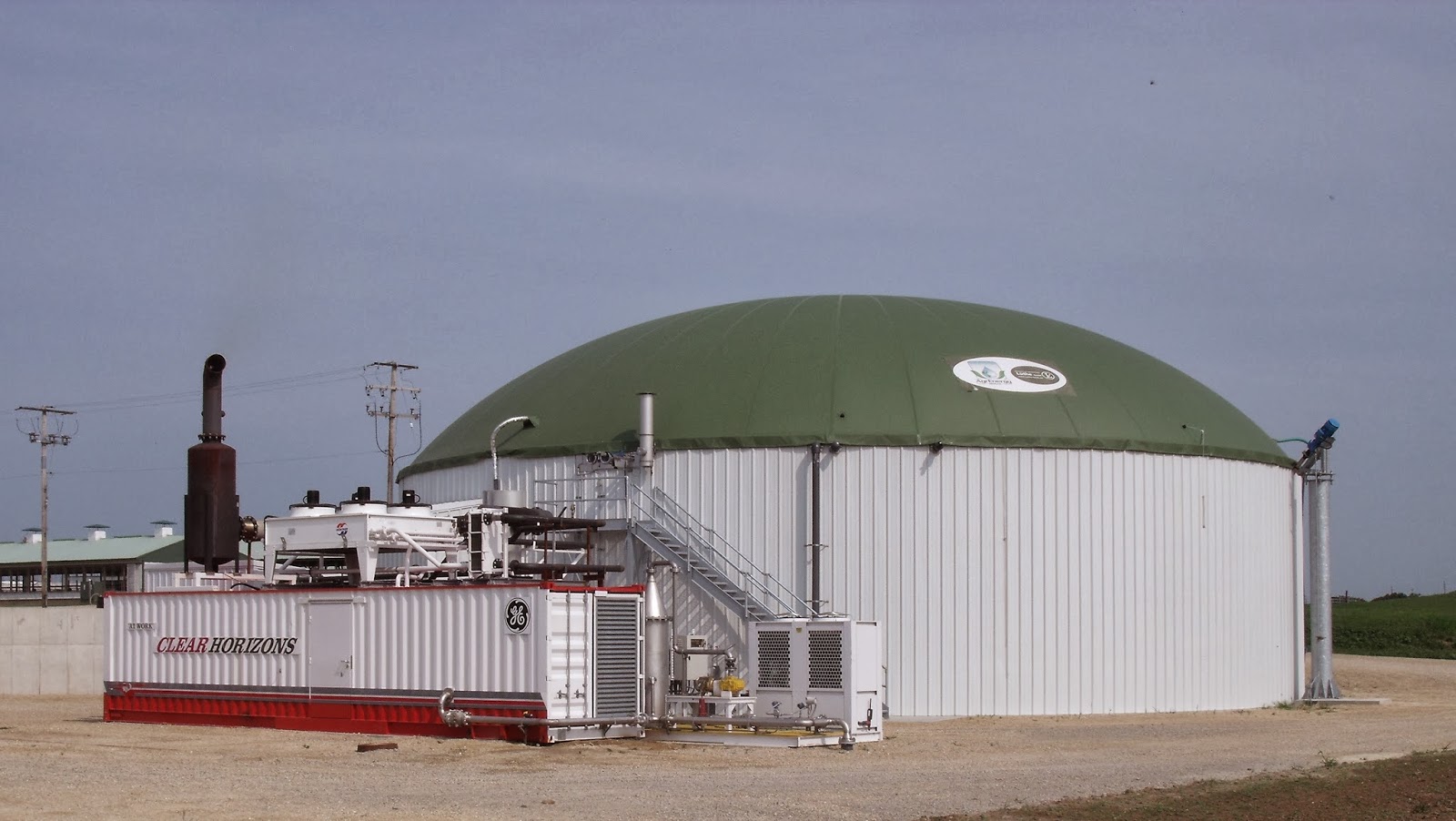
by Sam Dunaiski | Oct 18, 2022 | Advocacy, Biogas, Community, Geothermal, Local Government, Local Initiatives
County Executive Joe Parisi has issued his 2023 budget, which once again prioritizes environmental action and includes initiatives to implement the County’s robust Climate Action Plan. RENEW is asking Dane County advocates to write a letter to Dane County Board Members to support the proposed budget.
A major portion of the budget includes work to achieve its goal of 100% renewable energy for County facilities by the end of 2023. These items will significantly contribute to the ongoing effort to reduce emissions, help the County achieve carbon neutrality in its facilities and fleet by 2030, and cut countywide emissions in half. Included in the proposed budget:
- $4.5 million for the development and installation of carbon capture technologies at the RNG facility at the landfill
- $3 million for feasibility work and acquisition of a site to develop a commercial-scale manure treatment facility to capture manure from up to 30,000 cows in the north Mendota watershed reducing methane emissions comparable to removing 20,000 cars.
- Almost $900,000 to start work on campus-wide geothermal systems for the East District Campus (Medical Examiner and Highway Garage) along with the Badger Prairie campus in Verona.
- Almost $100,000 in additional resources for the Office of Energy & Climate Change and our efforts to accelerate countywide climate action
- $2 million for ongoing “Suck the Muck” efforts to remove phosphorous from our waterways
- $3 million plus new staff positions to continue sediment dredging that improves water flow between our lakes, reducing flooding risks exacerbated by climate change
- $2 million for the Dane County Continuous Cover Program, which funds private landowner efforts to convert marginal cropland to perennial cover, reducing runoff and sequestering carbon
- $10 million for the Dane County Conservation Fund to continue County land acquisitions that help improve water quality and allow opportunities for prairie and wildlife restoration
- $3 million for additional regional bike trails
RENEW Wisconsin is asking Dane County advocates and allies to support Executive Parisi’s budget approval with the County Board. Here’s how you can help:
- Write a letter in support of Executive Parisi’s proposed budget. Your letter can focus on any of the above bullet points and how these initiatives would improve the overall health, economy, and well-being of Dane County. Ask the Board of Supervisors to approve Executive Parisi’s 2023 budget.
- You can find contact information for Dane County Supervisors HERE.
Thank you for weighing in on this important issue!
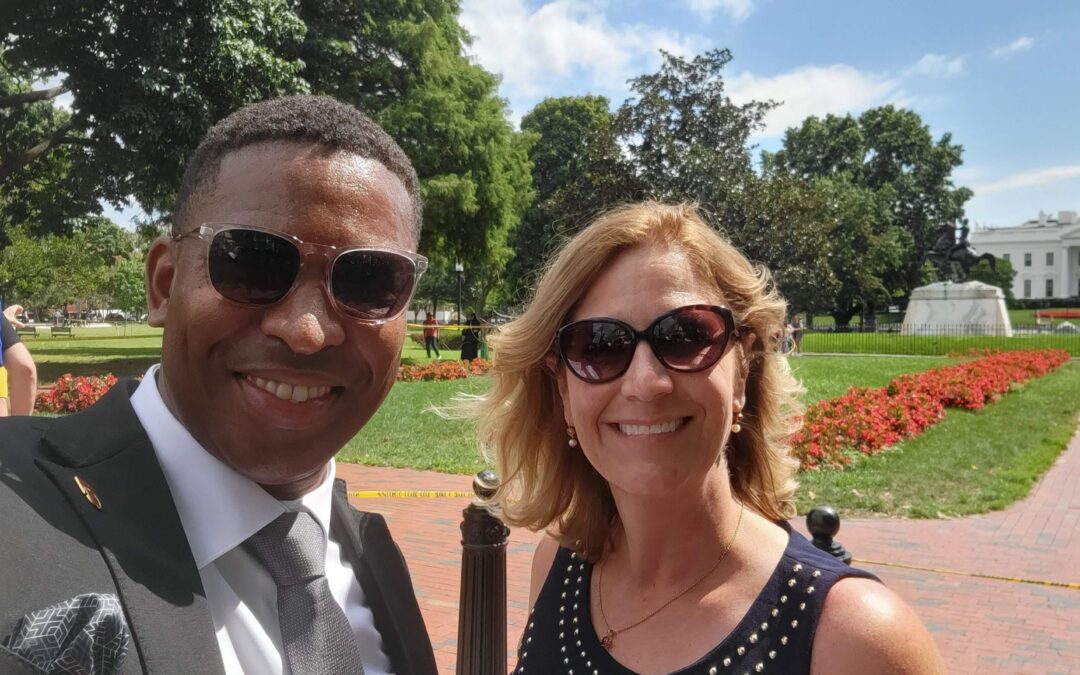
by Francisco Sayu | Sep 16, 2022 | Community, Electric Vehicles, Electrification, Events, Solar, Sustainability
With an invitation extended by Governor Tony Evers, RENEW’s Interim Executive Director, Jessica Niekrasz, and Emerging Technology Director, Francisco Sayu, joined President Biden, his cabinet, and lawmakers at the White House on Tuesday, September 13, to celebrate the Inflation Reduction Act (IRA).
The celebration – including a surprise appearance by James and Kim Taylor – was a stunning reminder of our collective power to accomplish “big things” when we work together. “Today offers proof that the soul of America is vibrant, the future of America is bright, and the promise of America is real,” Biden said during his speech on the South Lawn.
RENEW applauds the Biden administration for signing the IRA – the most significant climate legislation ever passed in the U.S. The IRA includes $369 billion to help families save money on energy, improve quality of life, create stable jobs, and fight climate change by reducing carbon emissions.
RENEW is dedicated to building a stronger, healthier, more vibrant Wisconsin through the advancement of renewable energy. The clean energy investments in the IRA will boost renewable energy and beneficial electrification in Wisconsin, limiting our dependence on imported gas and petroleum. This market transformation is needed to begin transitioning our economy away from fossil fuels that bleed our state’s economy by $14 billion yearly.
Wisconsin Families that take advantage of the clean energy incentives and electric vehicle tax credits in the IRA could save more than $1,000 per year. Here are some of the benefits available to Wisconsin residents:
- Up to $14,000 in direct consumer rebates for families to buy heat pumps or other energy-efficient home appliances, saving families at least $350 per year.
- 30% tax credit to install rooftop solar systems, saving families $9,000 over the system’s life or at least $300 per year.
- Up to $7,500 in tax credits for new electric vehicles and $4,000 for used electric vehicles, helping families save $950 per year.
The clean energy investments in the IRA support the Governor’s climate goals, as outlined in Wisconsin’s Clean Energy Plan. These investments will help power homes, businesses, and communities with homegrown renewable energy, improve health outcomes, and create stable jobs for residents of Wisconsin.
RENEW was honored to be at the White House representing the great state of Wisconsin and thanks Governor Tony Evers for this incredible opportunity. Inclusion at this historic celebration is a testament to the incredible work the RENEW team has been doing for over thirty years. We look forward to helping our state take advantage of the opportunities offered by the IRA, and will continue to support access to clean energy for families, businesses, and communities in Wisconsin.
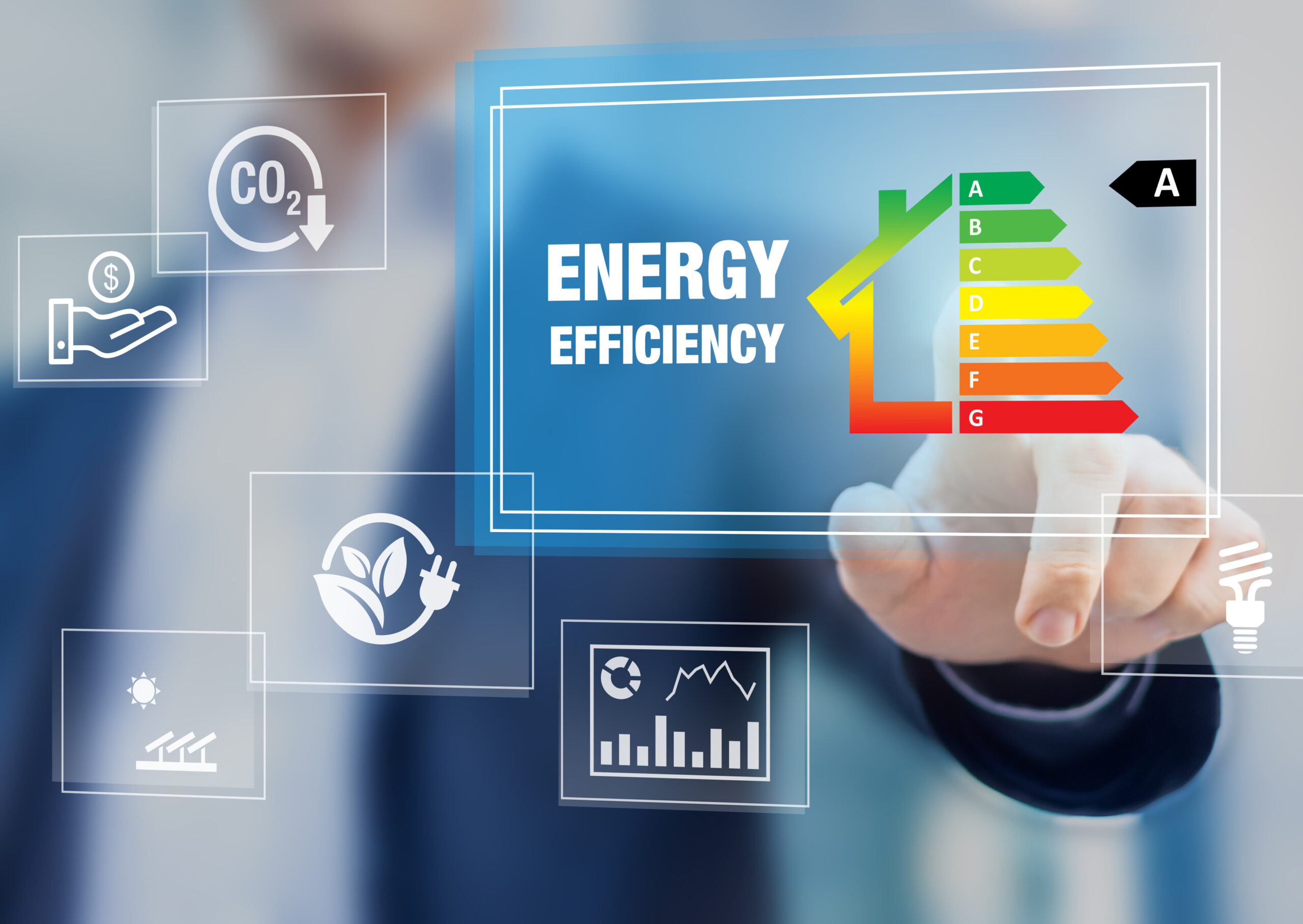
by Francisco Sayu | Aug 30, 2022 | Community, Electrification, Focus on Energy, Sustainability
Last month, I joined the Citizens Utility Board of Wisconsin in a virtual discussion about energy costs in the state. I discussed strategies to address rising energy costs during the panel, including energy efficiency and beneficial electrification. The panel focused on real-world actions residents can take to reduce their energy burden. You can watch the webinar replay by clicking on this link. Now, I want to talk about the resources we have to support individual efforts to fight soaring energy costs through energy efficiency. In particular, I want to talk about the Focus on Energy® Program. (Focus).
What do I mean by energy efficiency, and why should you care? Energy efficiency is the use of less energy to produce the same result. For example, a light-emitting diode (LED) lightbulb produces the same amount of light as an incandescent lightbulb using only 15 percent of the energy needed for the incandescent light because LED lights waste less energy in the form of heat. Energy efficiency is important because less energy saves you money on utility bills.
Most homeowners, renters, and businesses in Wisconsin can access resources – such as free Energy Saving Packs – and financial incentives to improve the energy efficiency of their homes and businesses through the Focus program. Focus is Wisconsin’s energy efficiency and renewable resource program that operates on behalf of 107 utilities. Since 2001 the program has saved Wisconsin residents over $1 billion.
Last spring, the Public Service Commission (PSC) made decisions regarding the overall policies and priorities for the next phase of the Focus program. Wisconsin law requires the PSC to review energy efficiency and renewable energy programs every four years. You can read the minutes of the PSC meeting here.
In summary, the PSC provided the following directions for the next four years (period from 2023 to 2026):
- Focus should play a more significant role in cost-effectively reducing carbon emissions. The next four years should serve as a transitional period during which the program continues emphasizing energy savings while progressing toward a transition to a greater emphasis on reducing carbon emissions.
- Focus shall not claim savings from fuel switching from unregulated fuels to electricity.
- Focus shall use the next four years as a transitional period to position the program to take on a more significant role in promoting beneficial electrification statewide.
- Focus shall develop and maintain a menu of options for voluntary utility programs to be shared with participating utilities.
- Focus shall maintain its current level of support for utility demand response programs.
- The Focus program should continue to offer income-qualified programs and coordinate with the Department of Energy weatherization program to further fill potential gaps in its low-income offerings, including community-based pilot(s) in targeted communities. The Focus Program Administrator shall convene a stakeholder group that includes community-based organizations that work with marginalized communities to address barriers to outreach and participation.
RENEW submitted comments to the PSC supporting the alignment of Focus with emissions reduction goals to lower the state’s dependence on imported fuels and support renewable energy development. You can read RENEWS’s comments on the Focus Quadrennial Planning Process here.
I will write in the future about resources to help you save money through beneficial electrification. Stay tuned!







